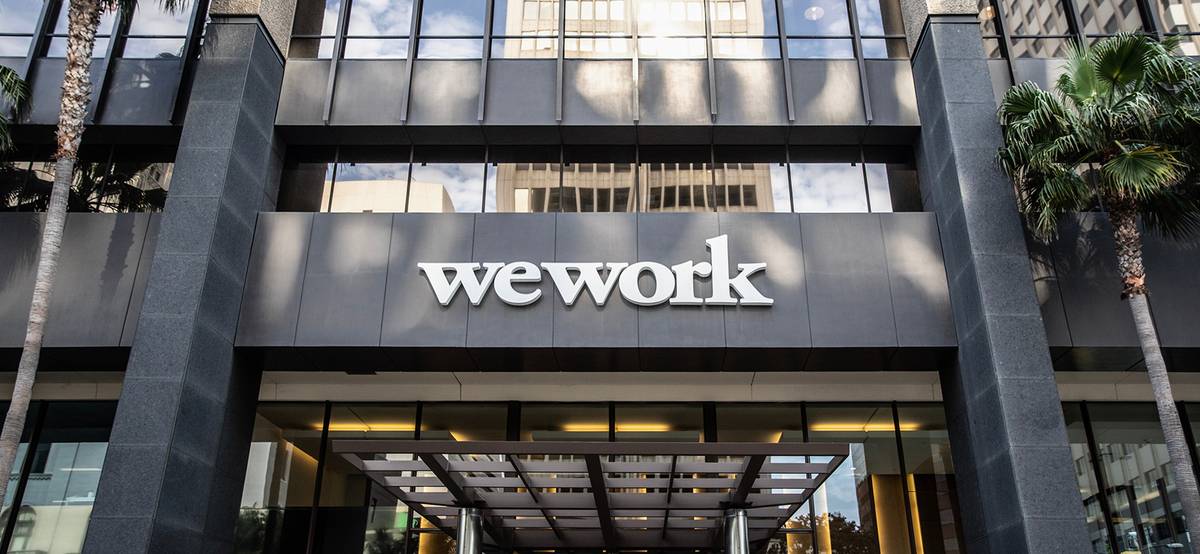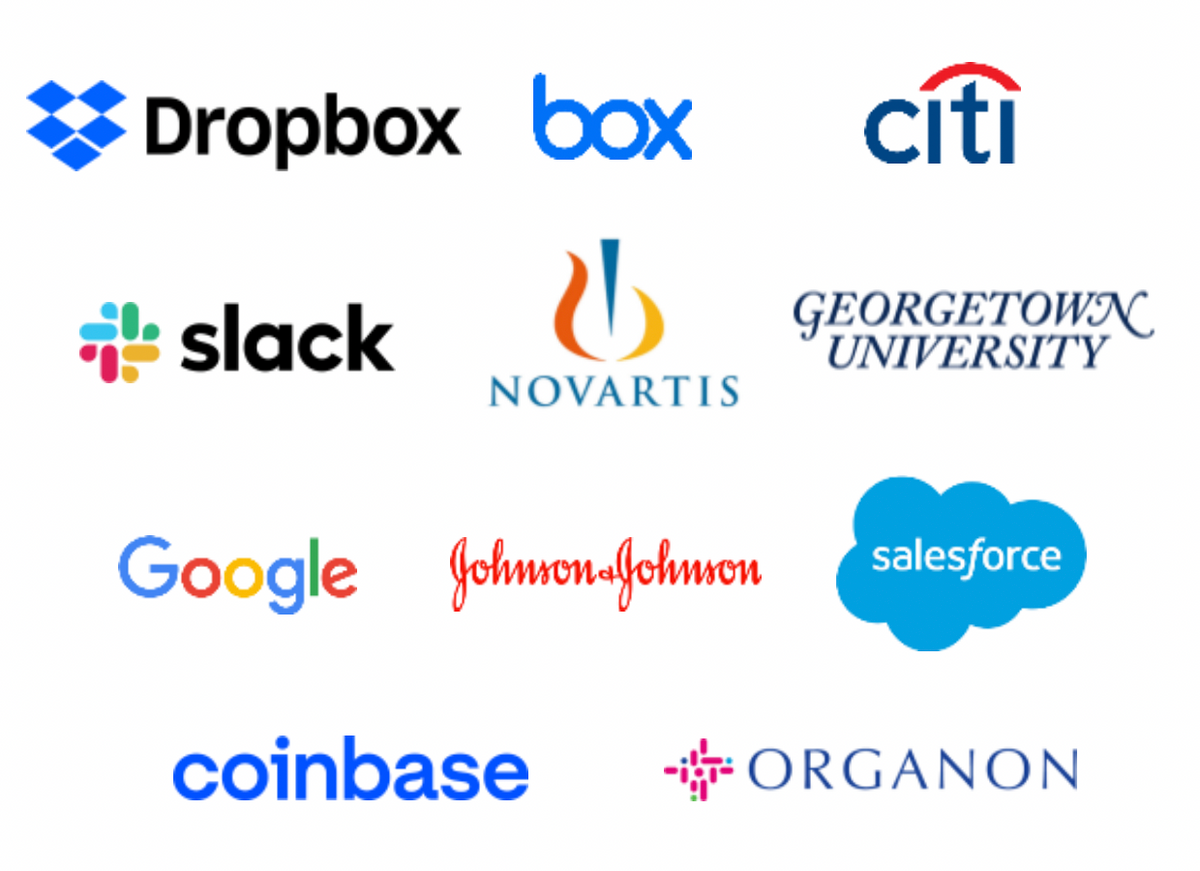
WeWork goes public. Deloitte helps to understand, what to invest in. Ziilow stops buying houses.
Disclaimer: when we talk about, that something has grown, we mean a comparison with the same quarter a year earlier. Since all issuers are from the USA, then all results in dollars. When creating the material, sources were used, inaccessible to users from the Russian Federation. We hope, Do you know, what to do.
People are working
Long-suffering coworking startup WeWork (NYSE: WE) was supposed to go public a few years ago - but then the IPO fell apart amid doubts from potential investors about the sustainability of this business and the company's transparency. Coming soon, however, you will know this story in detail: WeWork is currently in the making of a series with Jared Leto.
WeWork entered the stock exchange through a merger with SPAC. This method is quite typical for companies with a dubious history.. And there's a dark irony in that.: WeWork was not good enough for a normal IPO and was only able to go public with a SPAC. Truth, the question remains, how many dark secrets she was able to hide from investors thanks to the use of a SPAC structure. But we'll find out about that later., most likely when it will be very late.
The company leases office space, which people can share. People buy a "subscription" for admission to company buildings for work: or on a monthly basis, or a contract for years ahead. There are different rental options: from one workplace to the whole floor-sized office.
In figures, the company's achievements look something like this: 762 locations around the world, 930 thousand tables and 575 thousand coworkers subscribers. A significant share of the company's clients are enterprises - almost 47% of the total number of subscribers.

About 60% of the company's space is leased - 64%, if you count with those, who bought the subscription, but don't use it. Compared to pre-war times, then the situation is not so bad: in 2 quarter of 2019, the level of occupancy of premises was 82%. The fall is, but, all things considered, it's not that strong. Company, of course, Losing: in 2 quarter of 593 million in revenue it had 923 million losses.
The largest shareholder of the company is the well-known investment bank SoftBank., to which belongs 56% company shares, which explains a lot. For example, why the listing was successful - since the merger with SPAC, shares have risen by 25%. SoftBank management must have taken advantage of the connections and advertised WeWork well among colleagues and clients.. SoftBank can be understood: over the years, they have invested a total of almost $16 billion in WeWork and they would very much like to recoup most of the costs.
However, in retrospect, WeWork's listing on the stock exchange doesn't look so impressive.
In 2019, WeWork was predicted to have a capitalization of around $47 billion - and now it is $9 billion.. What awaits the company further in the context of an eternal pandemic, hard to say - but I would not really hope for success.
I forbid you abundance
Consulting company Deloitte released the results of a survey of 4,315 consumers and 35 retail managing directors, dedicated to the season of November and December holidays.
so, what consumers say: 67% consumers expect, that in 2022 the situation in the economy will change for the better. 20% consumers this year will spend more, 25% - less, and 55% will spend the same, how much usually. The average consumer will spend about 1463 $ - on 5% more, than a year ago, but on 2% less, than in 2019. The structure of spending will be as follows: 501 $ - present, 426 $ - other expenses, 536 $ - entertainment.
42% purchases will be made through credit cards - against 38% in 2020. The only category of consumers, whose spending plans exceed the level 2019, - these are wealthy citizens with an income of 100 thousand dollars per year: their spending will increase 2,74%. All other categories of expenses will have less.
Worth noticing, that the percentage of those, who is not going to spend at all this year, very high - 11,5% of the total number of respondents. IN 2019, for example, there were such 2,9%, and in 2020 — 4,9%. In general, this can be considered an indicator of the pauperization of the American consumer - so it would be wise to bet on stocks of budget stores.
Traveling, then 58% of respondents do not plan to travel. From the same, who plans, 70% is going to use vehicles and only 37% thinking about flying. Bad news for airline shareholders!
A very interesting list of spending categories in comparison with 2020: on 10,54% more people are planning to spend money on clothes, on 11,98% more - for electronics and 4,9% more - on pets. So the manufacturers of the respective products may benefit from this..
Company directors say, that orders for goods for the holidays are growing very fast: 33% respondents said, that they have double-digit growth in orders for goods from customers, and 53% expect a rise in commodity prices.
In general, the Deloitte study confirms and complements that, what we saw a week earlier in a similar survey by PricewaterhouseCoopers. I still believe, that the main beneficiaries of the holiday season will be non-retail chains, to whom reporting will spoil the growth of expenses, and fintech companies, through which payments will pass. Sea carriers like Hapag-Lloyd can also win (FROM: HLAG).
All bought, what could
American site for the sale and purchase of residential real estate Zillow Group (NASDAQ: ZG) announced the termination of buying houses before the end of the year due to extreme congestion and high prices on the market. This may indicate to us, that the US real estate market is slowing down: there are few houses and they are extremely expensive, what, undoubtedly, raises questions from potential buyers.
If this situation gets worse, then, maybe, the pace of construction of new houses will fall more, than now. This will cause a reduction in demand for building materials - with clear consequences for issuers in this area.. What if construction companies build more houses?, then the prices in the market will start to fall - and the margins of house-building companies, too. How will this situation be resolved, it's hard to say now.